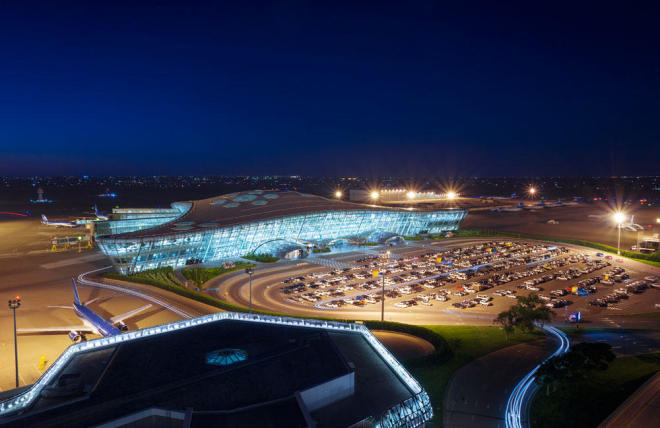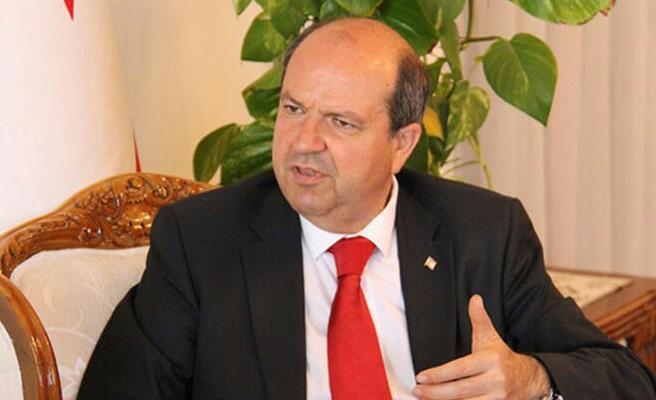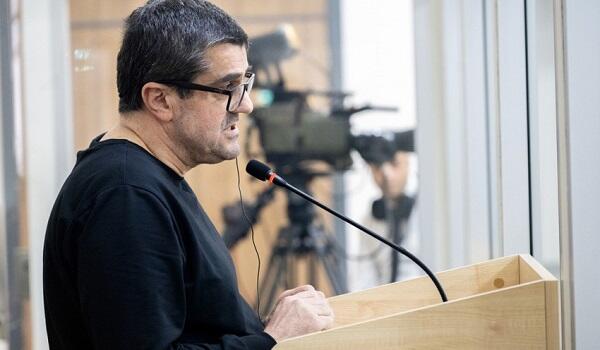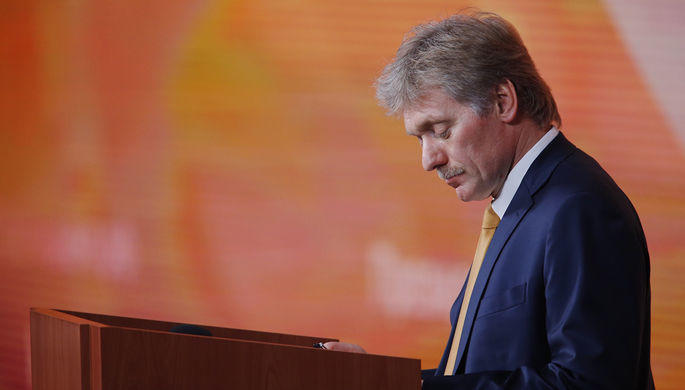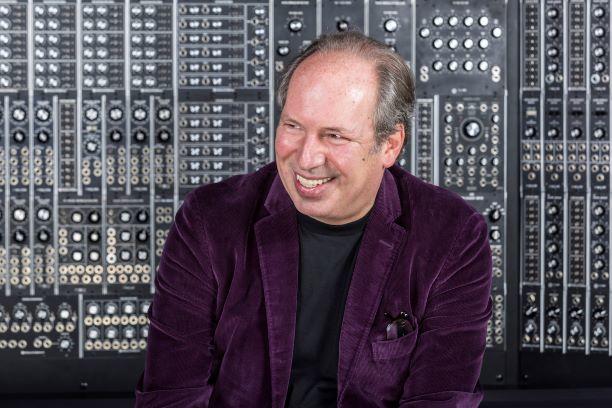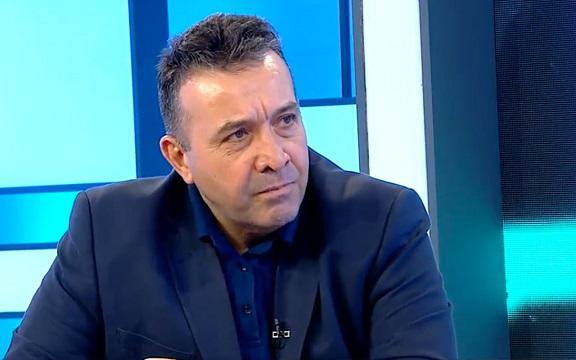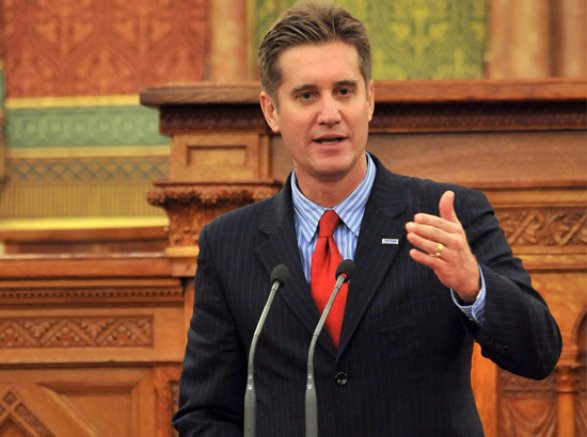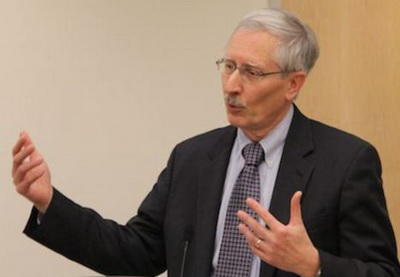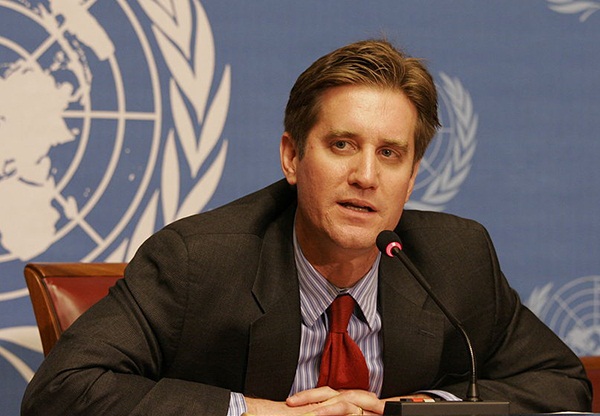The art of being a film composer hasn’t changed,” Hans Zimmer tells MusicTech, when we’re granted a rare interview with the soundtrack master. “The basic idea remains the same and that is to ask a question: ‘Why are we having music here?’”
Axar.az reports citing MusicTech.
If anyone knows about the art of composition, then it’s Hans Zimmer. His name has become synonymous with breathtaking, resonant scores and his staggering body of work covers a veritable checklist of the some of the most important films of their respective decades.
From early work such as the subtle and empathetic Rain Man soundtrack or the laid back, country-ambience of Thelma and Louise, to his Academy Award-winning score for Disney’s The Lion King – not to mention the Ridley Scott epic Gladiator – Hans has proven time and time again that he is a composer of incredible dexterity – and that’s before we’ve mentioned his groundbreaking work with Christopher Nolan.
His scintillating scores for The Dark Knight trilogy redefined the sound of superhero movies while his fusion of organic sound design, beautiful melodies and orchestral excellence characterises his work on Inception, Interstellar and last year’s Dunkirk.
Yet despite these remarkable achievements, Hans’ unending desire to push the boundaries of what is possible sonically still drives him to innovate. Which brings us to Hans Zimmer Strings – the remarkable orchestral library from Spitfire Audio that we reviewed last issue. We’re curious to know how his interest in sampling, and his collaboration with Spitfire Audio, began?
“Needless to say I’m not in it for the money,” Hans says before telling us that it’s a relationship that goes back a long way. “I don’t think I’m telling complete porky pies if I say that we were the ones who started orchestral sampling at AIR after we did The Lion King.
“A couple of other composers [Christian Henson and Paul Thomson] thought it would be a good idea to pursue this further, so they were sort of doing a parallel thing to me. It just made sense that we would join forces eventually. We were overlapping on so many areas, dealing with questions like, ‘How often can you go and ask the same viola player to play the same note for a sample?’
“I approach sample creation with two specific mindsets: the first is how much inspiration and sound can I get out of the orchestra, and my other is to just try something really outrageous and see if we can make something that allows you to do what you ‘can’t do’ in the real world.”
One simple idea
We press Hans further on how he’s able to push the creative team at Spitfire Audio to realise this ambition.
“Fortunately both Paul and Christian have a similar recklessness to me! After they’d created the very beautiful, and very delicate Tundra, one of our ideas was what would happen if we went totally the other way: sample something that is actually physically impossible.
“At the end of the day, from my point of view, the key thing is not the studio – it’s how do we move air to create a sound? And how much air can we move in one go. This is more interesting to me than how it hits the microphones. So then the idea of this fantastic, huge orchestra was born. It was great for me to get everyone involved too, to see pretty much every player that’s ever played on any of our sessions all in one room together.”
Hans injected his own sampling ethos into the project.
“Creating the impossible has always been my interest,” he tells us. “I’ve never approached sampling with the idea of, ‘how do we fake an orchestra?’ It’s always been how do we expand on an orchestra?”
It’s obvious that Hans is extremely passionate about orchestral music. He tells us that, of all the things he’s achieved in his career, he’s most proud of how he’s used the orchestra creatively.
“There’s a great danger that they’ll become irrelevant. It’s been widely reported that concert halls have great problems getting filled. But you know, right now, I’ve got a tour going and at its heart, it’s just orchestral music playing, and we’re not playing concert halls, we’re playing arenas and having some truly marvellous reactions from the audience.
“We’re sold out for every night. So the orchestra is as relevant as it ever was. But it’s not just me, there’s a few other people as well, of course. Greats such as John Williams and Ennio Morricone are performing live also.”
There’s a personal motivation too.
“For me it’s always been really very important to support the orchestra,” he tells us. “They supported me, and very often they supported me under extreme circumstances. The times when I’ve been crashing into the wall with the burdens of deadline or the stress of budget. Suddenly you just walk into a room and you hear them lift your little tune up and make it soar. That truly is a collaboration.”
Music has always been a fundamental part of Hans’ life. From a young age he remembers his extremely musical mother taking him to classical concerts around his home city of Frankfurt, while his father (an engineer and inventor) would encourage him to physically modify their home piano. As time progressed, so too did Hans’ musical tastes. “Of course came the moment when I had to go and rebel against everything,” he remembers.
“I had my blues phase, I got really into Muddy Waters and people like that, then of course it was The Beatles and The Rolling Stones. After that I started delving into Kraftwerk, Tangerine Dream, Jean-Michel Jarre, Vangelis and all these incredible electronic musicians. Of course I also loved the weirder German bands like Can and Neu!”
After moving to England in the mid-70s, it wasn’t long before Hans started performing his own music live.
“It was probably around 1978 or so. I was actually in a punk band here in England and I spent all my money on synthesisers – literally. I had an EMS VCS 3 and was living in this flat in Brighton where you had to put a 5p into the meter to get electricity. There were so many nights back then when I’d have a great idea and I’d start working it out and then – boing! – the electric would go out. I often didn’t have enough money, so I’d just be sat in the dark for the rest of the night, thinking about my idea.”
Hans says that England, “wasn’t really the ideal place at that point to be wanting to make electronic music. If you didn’t have the money you’re just left in darkness! I envied guitar players at that point, and I think that’s why you’ve got a lot of guitar music in England.”
Blade Runner 2049
Following up Vangelis’ sublime soundtrack for the original, classic Blade Runner was no easy task – it’s one of the most justly-lauded soundtracks of all time, after all. That Hans (and Benjamin Wallfisch) managed to create such a wonderfully unique, deep suite of music, while still retaining the feel of the original is a truly remarkable feat. Hans took the sonic universe of Los Angeles in 2049 to a new level, helping to make Denis Villeneuve’s sequel every bit as rich as Ridley’s Scott’s masterpiece.
The Dark Knight Trilogy
OK, we’re cheating a little bit here by picking not one, but three films, but can you blame us? Across each movie Hans – with James Newton Howard on Batman Begins and The Dark Knight – joined director Christopher Nolan in reinventing Batman for the modern age. Fusing dark electronics and infectious percussion with some classic orchestration, this was a far cry from the caped crusader’s more comical outings. It’s impossible to imagine these films without the now iconic themes.
Gladiator
Created alongside Lisa Gerrard and bearing all the touchstones we’ve come to expect, Zimmer created a rich and rewarding score in Gladiator. Combining a plethora of instruments and the hauntingly beautiful vocals of Gerrard, this remains one of his best and most diverse efforts.
Inception
Inception’s score originated from a single note of Edith Piaf’s ‘Non, Je ne regrette rien’, which forms a key narrative component in the film. Featuring those infamous horns and the rapturous closer ‘Time’, this was Hans Zimmer at his innovative best. Until…
Interstellar
Seamlessly blending minimalistic themes with bone-shattering organ, Interstellar’s score resonated with audiences long after the credits rolled. Effortlessly shifting between tenderness, desperation and awe, this is arguably Hans Zimmer’s finest score to date, not to mention his personal favourite!
Introduce a little anarchy
The narrative is key to Hans’ creative approach, then, and his occasionally unconventional compositional methods – which can include utilising found sounds and organic textures – generally stem from very simple beginnings.
“A director will phone me up and say ‘I want to tell you a story’. As they’re telling me the story I’ll start to get ideas and the main one will usually be, ‘What’s the sonic world that we’re going to go and drop the audience into?’ So it’s not just instruments, I think if you just drop an orchestra on top of the sound effects then they’re too separate. What I try to do with my work is figure out how to bleed into the picture, bleed into the frame and bleed into the story. Blurring the lines between the sound design and the music. So sometimes you can’t tell what’s what.”
“Sometimes I’d create some electronic soundscapes, then play them to the orchestra and say, ‘You guys on the cellos, violins and basses or whatever, can you re-interpret the synthesiser sounds?’ Then things start to get interesting.”



